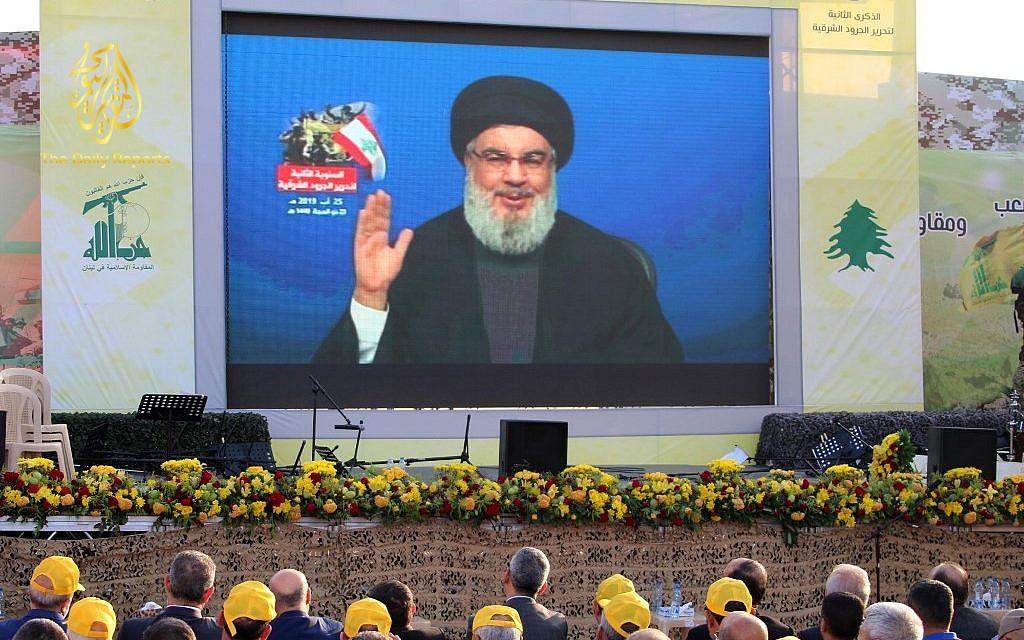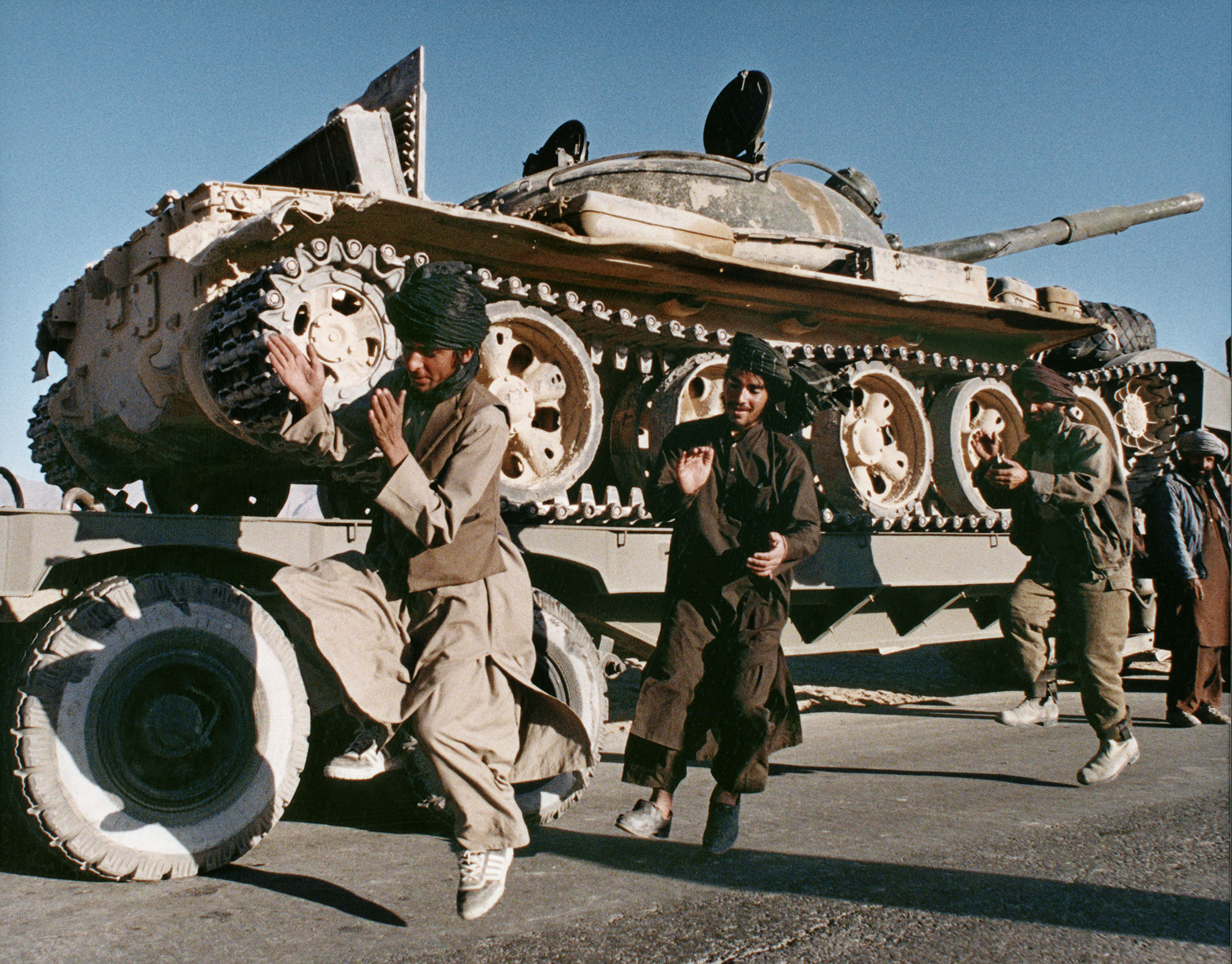The leaders of Iran and Qatar expressed support for Vladimir Putin during separate phone calls with the Russian President on Monday, following a weekend of unprecedented instability for his regime.
During his conversation with Putin, Iranian President Ebrahim Raisi confirmed his “full support” for his Russian ally, according to an official readout of the call from the Kremlin. Qatar’s ruler, Sheikh Tamim bin Hamad Al Thani, also confirmed his backing for Putin just four days after his foreign minister, Mohammed bin Abdulrahman Al-Thani, lauded the Gulf emirate’s “long-standing friendly ties” with Russia during an in-person meeting with Putin in Moscow.
The solidarity calls represent a minor boost for Putin, whose 23-year rule was sorely shaken on Saturday by an abortive mutiny led by the Wagner Group, a private mercenary organization headed by Putin’s one-time ally Yevgeny Prigozhin. On Monday, Prigozhin recorded an 11-minute audio message in which he repeated earlier claims regarding the incompetence of Russia’s military leadership, insisting that the invasion of Ukraine launched in Feb. 2022 would have succeeded had Wagner been in control of operations on the ground.
The Putin regime’s wobble has stoked fears that Russia’s remaining Jews could be scapegoated for its failures, with the two Jewish clerics who are each described as Ukraine’s Chief Rabbi warning in separate media interviews that the community could be targeted with violence.
Rabbi Moshe Reuven Azman admitted that he was “frankly afraid” that Russian Jews could confront “pogroms” if the country’s dire internal situation persists. Azman said he had “turned to the Jews of Russia” several times during the course of the war in Ukraine.
“I didn’t have a platform for this, I just tried to tell them through social networks: get out of there, because it might be too late,” he said. “Many left, many stayed. They are used to living there, it is difficult to leave home.”
In a separate interview with Ukraine’s NV Radio, Rabbi Yaakov Dov Bleich — who also carries the title “Chief Rabbi” in the wake of a 2005 intra-communal dispute — claimed that despite Putin’s public warmth towards the Jewish community, his regime had persecuted its religious leaders.
“Putin has been president or prime minister in Russia for 23 years. Over the years, he expelled 16 rabbis from Russia. That is a fact,” Bleich said. “And, thank God, in the 33 years that I have been working here, not a single rabbi has ever been expelled from Ukraine.”
Bleich added that “as Putin says that he loves Jews so much, I have a question: if you love Jews, why have this attitude towards rabbis and towards the community? Why is there often such antisemitism from the Russian authorities?”
Russia’s leaders have strayed into antisemitic rhetoric on several occasions during the last eighteen months while arguing at the same time that Ukraine’s democratically elected government, led by its Jewish President Volodymyr Zelensky, is composed of neo-Nazis. Last August, the authorities launched a legal bid to shutter the Russian operations of the Jewish Agency, which assists Jews wishing to emigrate to Israel, claiming that the agency violated Russian law by allegedly maintaining a database of Russian Jews planning to make Aliyah.
Bleich noted that “since the beginning of Russia’s full-scale war against Ukraine, about 16,000 [Jews] from Ukraine have left for Israel, while around 65,000 have done the same from Russia. There is a large movement of Jews from Russia who are leaving. Many of them, after receiving an Israeli passport, returned to Russia, as they needed a passport so that one day they could leave. But it seems to me that it is now most dangerous for Jews in Russia, far more so than in Ukraine. And what will happen if Russia now loses the war? Whom will they blame? It seems to me that it would be very easy to say that the Jews were responsible.”
According to the Jewish Agency’s assessment in Jan 2022, 145,000 Jews were living in Russia. Their fate has increasingly become a point of contention in Israel, where on Monday an opposition member of parliament accused Prime Minister Benjamin Netanyahu’s right-wing coalition government of failing in its responsibilities.
“The Israeli government has abandoned the Jewish community in Russia,” Oded Forer — a Knesset member representing the Yisrael Beytenu Party and the chairman of Israeli legislature’s Absorption and Diaspora Affairs committee — declared.
Forer protested that “the Israeli government has not changed anything in view of what happened [in Russia] over the weekend. The committee believes that there is no match between the conduct of the government and the situation on the ground.” He called on the Jewish Agency “to prepare an array of dedicated airplanes” to ferry Russian Jews to Israel “before it’s too late.”









